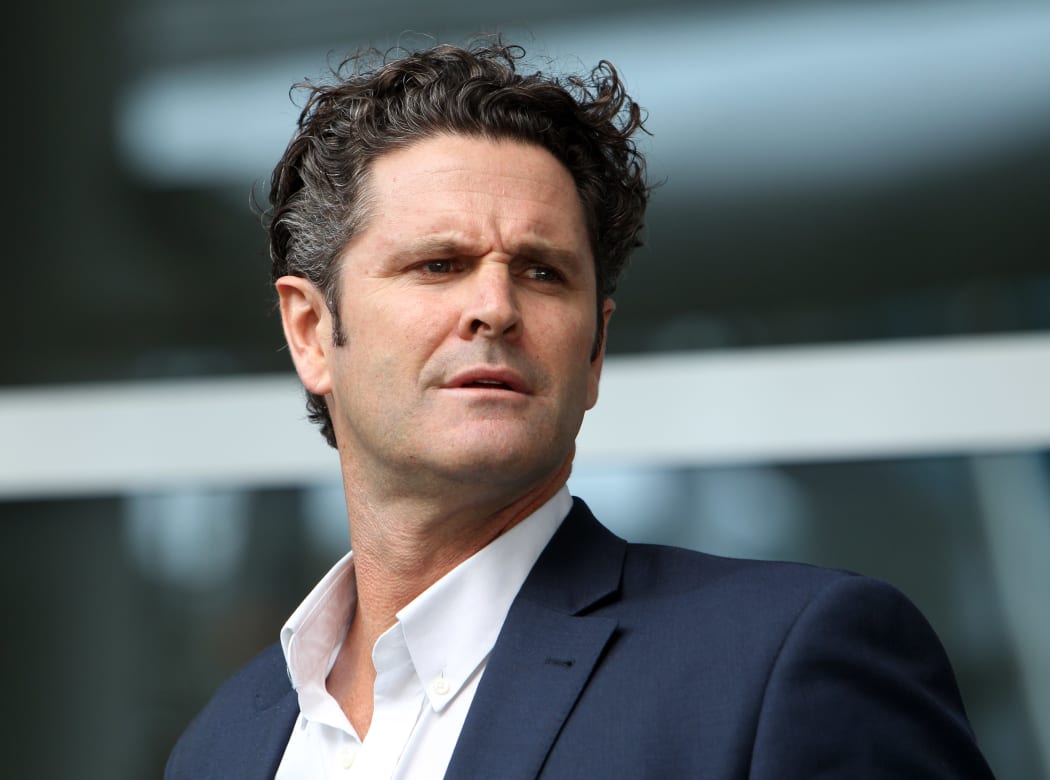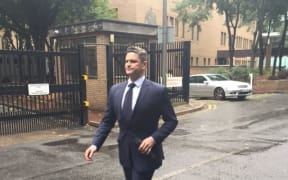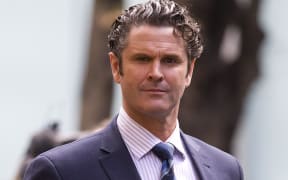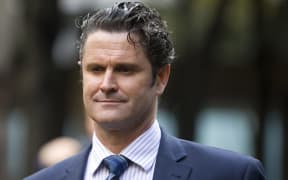The jury in the Chris Cairns' perjury trial has retired to consider its verdict.

Chris Cairns Photo: AFP
For the past eight weeks, the former New Zealand cricketer has been on trial in London accused of lying under oath about match fixing during a successful libel case in 2012. In that trial he said: "I have never, ever cheated at cricket. Nor would I ever contemplate such a thing."
Three witnesses are central to the crown's case; Black Cap captain Brendon McCullum and former cricketer Lou Vincent, who say Cairns approached them in 2008 to fix, and Vincent's estranged wife Eleanor Riley.
Before closing, Justice Nigel Sweeney summed up McCullum's evidence. The Black Cap alleges he was asked twice by Cairns in 2008 to get involved in match-fixing, once in India and once in England.
McCullum said he was "shocked and stunned" at Cairn's approach, when he allegedly explained spot-fixing by drawing on a piece of paper. In his evidence, McCullum said Cairns told him he had a team working for him, which was later said to be Daryl Tuffey and Lou Vincent.
The judge said McCullum's statement was a changing account. He told the jurors it was up to them to decide whether it was deliberately changed, as the defence suggested, or if the recollection was the result of a better line of questioning.
Justice Sweeney also advised the jury to be cautious in assessing Vincent's evidence because "he might have his own interests to serve". Vincent confessed to fixing in 2013, naming Cairns and others he said he fixed for.
The jury of seven women and five men have heard from more than 30 witnesses during the trial.
In his summing up, Justice Sweeney said if the jury was sure two of the three witnesses were telling the truth, then they were open to convicting Cairns of perjury.
Cairns also faces a second charge of perverting the course of justice along with his co-defendant, English barrister Andrew Fitch-Holland.
Justice Sweeney told the jury they must consider the perjury charge first and if Cairns was found guilty they could rely on it in considering the second count. If they found Cairns not guilty of perjury, he also must be found not guilty of perverting the course of justice.
The "critical issue" in determining the perjury verdict was whether the prosecution had convinced the jury Cairns was a cheat, Justice Sweeney said. The jury must provide a unanimous verdict.






